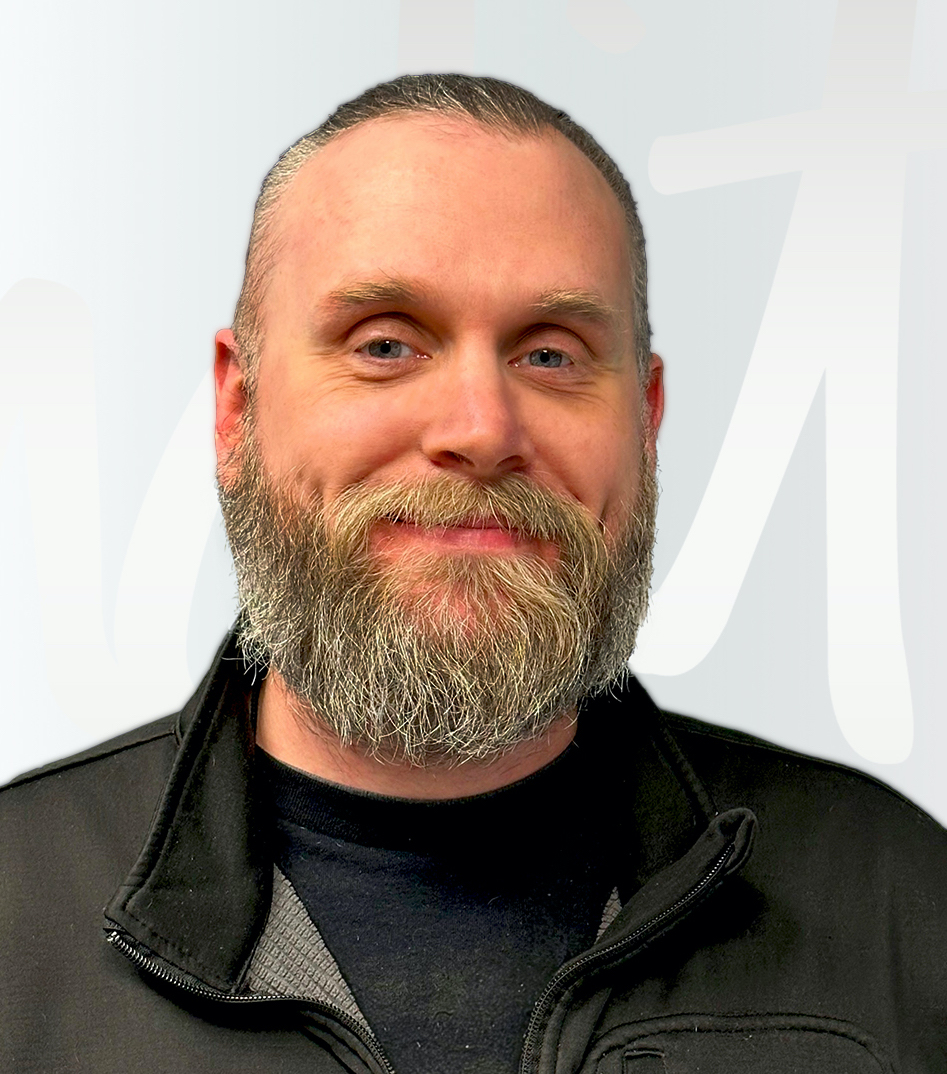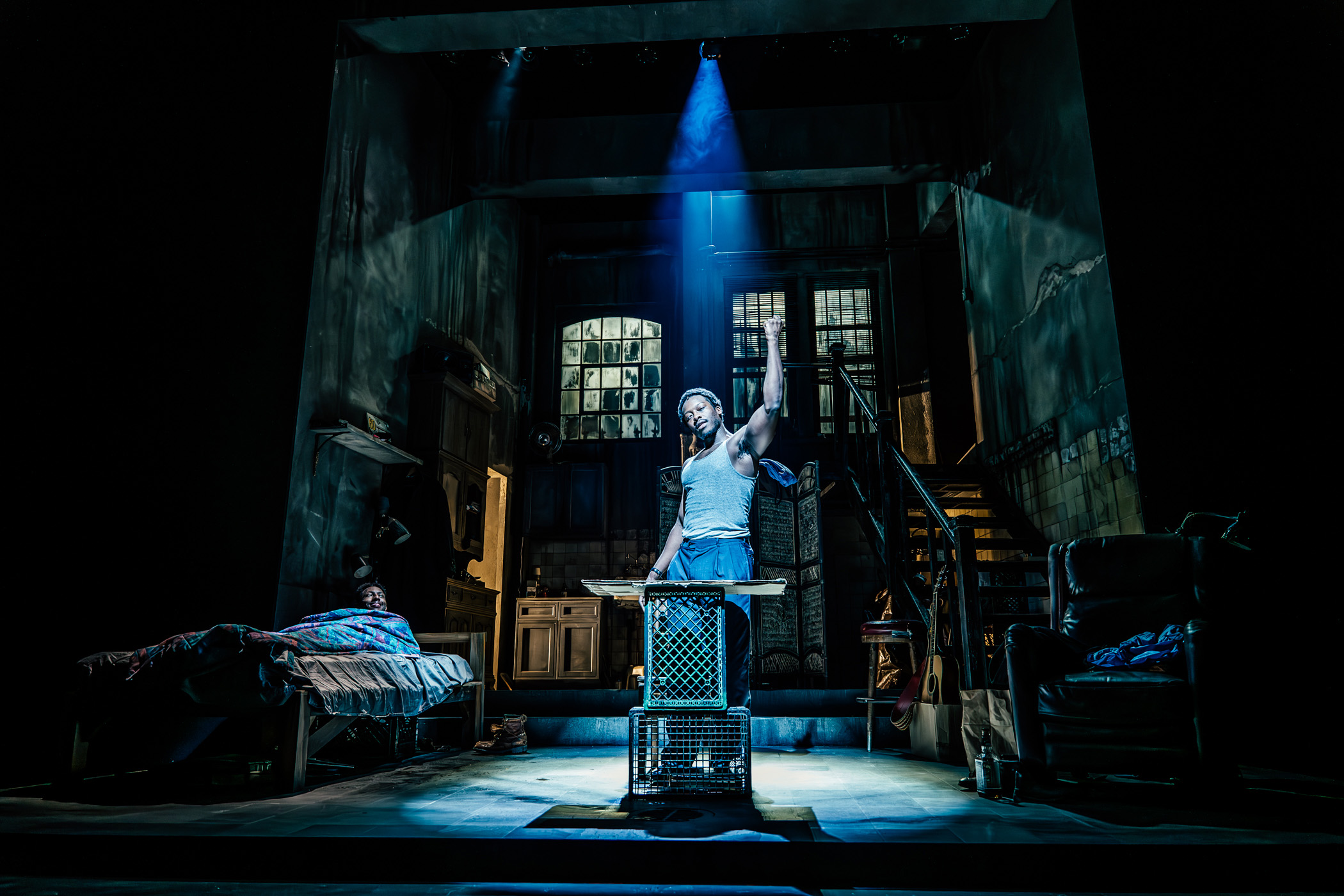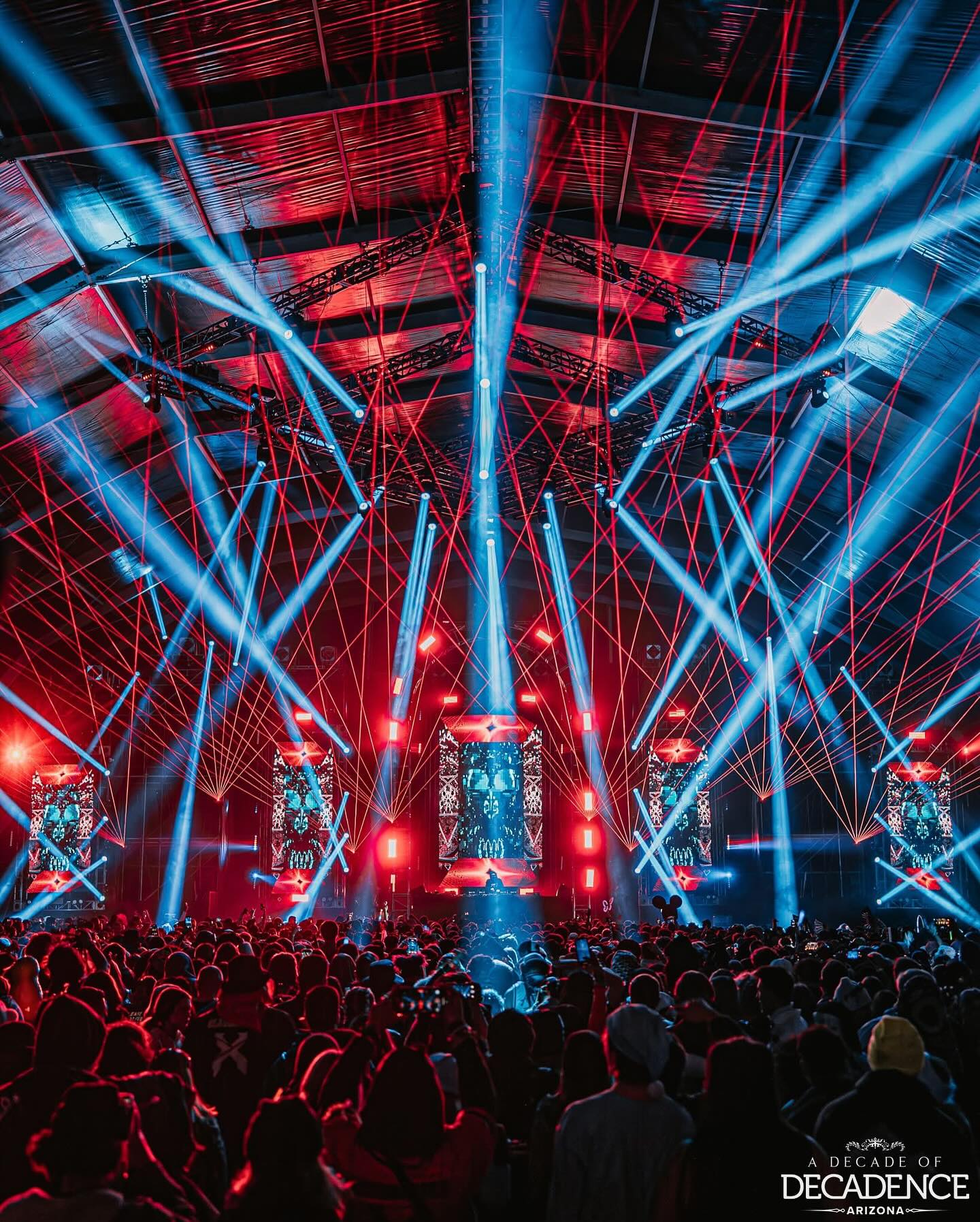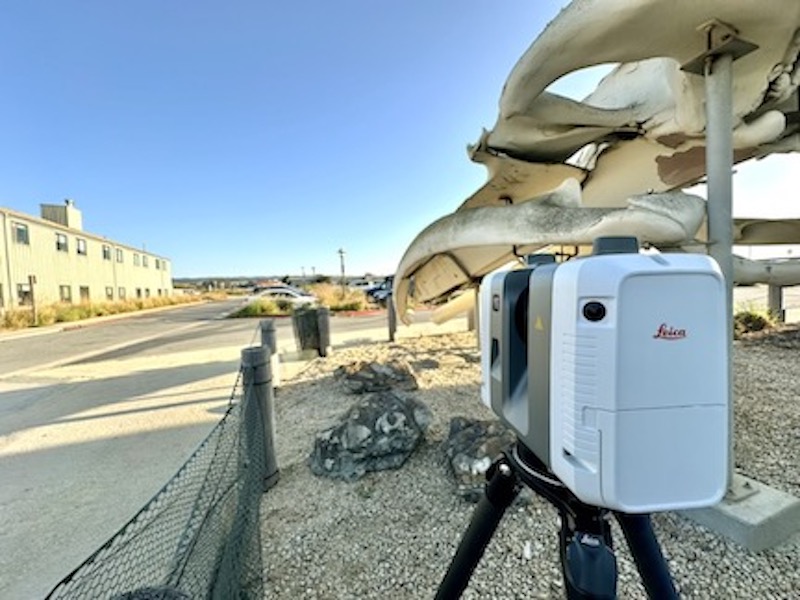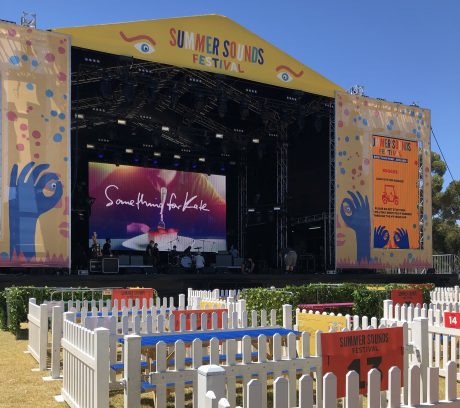
Author Holly Seefeldt reached out to a few veterans of the live event industry to catch up with them to check in on their well being and how they pivoted or dealt with 2020.
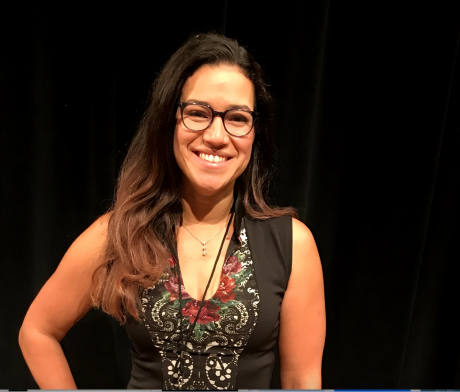
On March 10th, 2020, Tour Coordinator, Gabi Parra, was on a train making her way to Washington D.C. from her home base in New York City. As the regional manager for a backstage furniture rental company, she had been hired to oversee preparations for Celine Dion’s Courage World Tour concert at the Capitol One Arena. That night, word came that the show was off. The vague reasons announced to the public soon became clear – this was a cancellation out of growing fears of a novel coronavirus, termed Covid-19. It would be the first such loss of a gig for Parra, a 19-year veteran of the live event industry who worked her way up from runner to production coordinator, touring extensively with Earth Wind & Fire. On her return home from the Capitol, Parra was faced with a question familiar to anyone working in live events in 2020: What do you do when you’ve lost not only your job, but your whole industry?
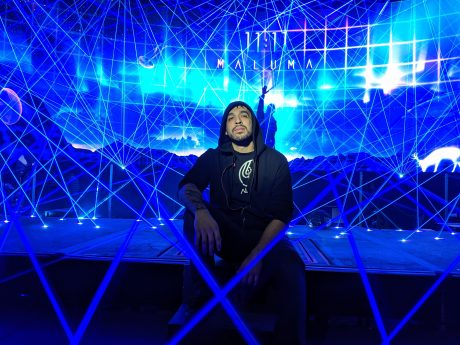
For Danny Pelaez, an audio engineer and technician based in Paris, TX, the loss of the live events industry coupled with the limitations of living in a small town have meant giving up his touring career indefinitely. One year ago, he worked on a pre-Super Bowl concert series in Miami which he describes as his first, last and only gig of 2020. Since then, Pelaez has supported himself with an assortment of part-time jobs, including running the audio for a local church’s virtual services, and delivering for DoorDash. Despite having spent 17 years cultivating a career in the touring industry and working for artists such as G-Eazy and Stevie Wonder. Pelaez says he is optimistic and happy to still be able to support his family, “We kinda got into panic mode . . . but then we brushed ourselves off and the church gig came up and everything started falling into place.” He describes his touring life as one that required flexibility and the ability to be ready and willing to adapt to any changing situation. In that regard, the new normal wasn’t so hard to wrap his head around. “My regular routine was already pretty strange. I was touring, constantly leaving, and you know, tour life is strange, so honestly the strangest thing was being home.”
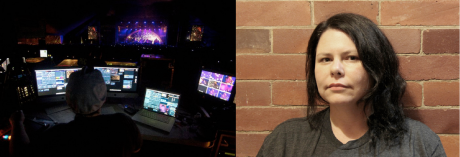
Rachael Johnston, based out of Brisbane, Australia, was used to having an international career. Over the past 20 years, she has traversed the globe, contributing live visuals to concerts for a number of artists including NYC’s Azealia Banks, for whom she took on the additional role of production manager at her Glastonbury and mainstage Coachella performances. The spring of 2020 should have seen her jetsetting once again, until Covid intervened, “I was booked to work on a large-scale festival in Saudi Arabia. It was spread over a huge part of Al-Balad, an area of Jeddah city, with many stages and huge video projections on heritage buildings. We were days away from leaving when the international borders started to close.” In the time since, Johnston’s world has grown much smaller. Australia’s Government acted swiftly, imposing restrictions which have kept the virus under control, but left the concert industry on life support. Unable to host international tours, the number of concerts and the work they brought with them have declined. Australian artists have only recently been allowed to perform small shows in a cautious reopening of the industry. Johnston says that while her city of Brisbane has reached a new normal, it is far from ideal, “I have to admit, I occasionally dream about things returning to ‘normal,’ but at the moment we live with small audience capacities, mask wearing, socially distancing, flights and shows being cancelled or postponed constantly, mandatory testing, borders being snapped shut and the utter uncertainty of it all.”
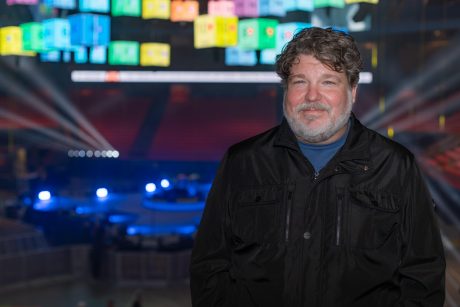
In Los Angeles, where the entertainment industry plays a central role, lighting designer/programmers, Rob Koenig and Joe Cabrera II, fall into the category of Essential Workers. With 20+ years of experience in live events, the pair have collaborated on lighting designs for an impressive list of concerts and tours. As lighting is reliant upon physical locations, they have collectively worked on less than 10 productions since the spring of 2020. Opting to wait out the storm, Cabrera II is optimistic that a return to live events is around the corner, “There is definitely a feeling that we’re not going to wait a whole long time. Once it’s possible for us to be able to get 20,000 people into a room and do a live show, you better believe it’s going to happen, because everybody wants that to happen. Not just the people that are on our side of the stage, but every one of the fans that hasn’t seen a live show in a year.” If his gamble doesn’t pan out, what other work is available outside of lighting? “In a word: nothing,” says Cabrera II. “It would be a complete career change for me,” one that would require months of training in order to learn a new skill. Koenig, on the other hand, has proactively updated his resume with production manager credentials that he hopes will transfer to another industry, but has yet to put it to the test, “As much as you need to take care of your own, you also don’t know when this could be over, and Joe’s right, the second that that call happens, you better be ready to go.”

“Pandemica”: Drive-in Concerts and Livestreams with Metallica
Covid-19 has challenged the live concert industry with nearly impossible circumstances, but for those who have chosen to venture into the uncharted territory of producing live events during a pandemic, an individualized framework of safety precautions can be created, starting with the hiring of a Covid-compliance officer. Heavy metal legends, Metallica, were up for the challenge and safely navigated two livestreamed performances during the summer and fall of 2020. The first one was filmed outdoors in the parking lot of a Sonoma County winery. The band and crew, including Cabrera II and Koenig, isolated themselves in a social “bubble” for the weeks-long process of creating the show. Stringent testing schedules were required, along with diligent use of N95 masks, face shields, social distancing, and constant disinfecting. Lead Singer, James Hetfield, explained in an interview with Steffan Chirazi for Metallica’s official So What! Magazine on October 1st, 2020, “What we really had to do was make the least comfortable person comfortable.” The team went above and beyond this goal, choosing to adopt safety measures that impressed even their Covid-compliance officer who praised their efforts, telling Koenig, “Your band is going through extraordinary measures to keep you all safe. This is actually the best I’ve seen it.”
In November, the band and crew reconvened for another livestream at Metallica’s HQ to raise funds for their charity, All Within My Hands. The location was unrecognizable to fans, as the band was boxed in on all sides with floor-to-ceiling video screens showing the audience watching from home. This created a new type of concert environment with a heavily social aspect that allowed the band to have short conversations between songs with fans all across the world. The screens served another more practical purpose, as they disguised the concert’s actual location which was down a hallway next to a large rolling door, ensuring constant airflow during the performance. Along with the lowered temperature causing some discomfort, Koenig and Cabrera II said that the screened-in environment provided new challenges for their lighting design, and they ended up creating much of it on the fly. They were both proud of the outcome, but none more so than the band members themselves. “They were over the moon after the performance,” Koenig remembers, “James [Hetfield] was glowing after the show . . . he was so happy they got to talk to some of their fans and watch people rock out on the screen, and they loved it…absolutely loved it.”
Mental Health in a Tumultuous Year
The loss of a full-time career in live concert production, coupled with the fear and isolation brought on by a highly contagious virus, has caused most crew members to feel anxious, stressed, and often overwhelmed as they look towards an uncertain future. Rachel Johnston describes coming to grips with the pandemic as an ongoing adjustment, “I think Covid[-19] for everyone will be remembered as various waves of shock, some breaking sharp, some dull, washing over you, but each day the new reality is reinforced.“ Though not yet out of the storm, the past year has allowed for some crew members to reach calmer waters and begin the recovery effort, “I’ll fully admit . . . I was not doing well for a time,“ says Koenig, “I’ve gotten myself to a better place, but it’s been tough . . . realizing now that I have to tend my own garden first, and then I’ll help you out with yours, has been more beneficial to me.” He says he now reaches out to friends and colleagues, namely those who are raising children, are single, or are having a harder time coping, “I’ve got friends of mine that had alcohol and drug struggles, and some of them have not done so well with all of this, and they’ve fallen off wagons and it’s painful to see . . . you’re trying to get them help, get them back up on their horse and go, ‘Man, you’ve got this.’ But it’s tough…this stuff’s tough.”
Methods for Coping
Gabi Parra, who has a background in psychology, gives this advice, “It has to be a conscious effort, right? Because there’s going to just be bad days. . . . even if you kept your job, even if your life is pretty normal, . . . forgiving yourself for the days you have that are kind of rough is a big part of it. It helps in the coping to know that it’s okay to have an off day.” Cabrera II describes the ups and downs of the past year and the importance of looking out for one another, “Everyone hits that point of it being really terrible, and even if you’re living with other people, that cycle never really matches up. I’ve found you [should] just be real honest about it, say, ‘You know, I’m feeling crappy again,’ and you just figure out something to do. Get out of the house, go for a walk, feed some squirrels.”
Cultivating a healthy mindset is key for weathering the highs and lows of this difficult year. “I am notoriously optimistic to a fault,” admits Danny Pelaez, “My dad drilled into me a long time ago that whenever you have a problem, either you can do something about it, or you can’t. If you can’t do anything about it, well then, worrying about it isn’t going to fix it…And if you can do something about it…then do it.” Johnston has been taking active steps for self-care such as meditation, cooking, and reaching out to friends. Cabrera II has focused on having a morning routine to keep him on task with at-home work projects, and Parra discovered that staying busy and continuing to work long hours has helped her find a semblance of normalcy, “I realized that I actually do function better when I work longer….it mirrors my life before, where I was busy all the time for like, 15-17 hours [a day].”
How the Industry can Help
Until a return to a full-time career in live entertainment is possible, more needs to be done to ensure that those whose hands once created live concerts continue to be held throughout this era of forced unemployment. In a unanimous agreement, the action that could give a sense of hope and security for out of work stagehands is communication from the industry at large. What they need is an indication that the corporations in charge are formulating a plan to re-open live events with safety measures that can be applied on a nationwide level. Crew members understand that guidelines for reopening will certainly change as we adjust to the ever-fluctuating prevalence of the Covid-19 virus. However, an acknowledgement of those left waiting in the wings could go a long way in letting them know they haven’t been forgotten.
Silver Linings and Lessons Learned in Lockdown
Finding a silver lining at the edge of a global health crisis that has cost millions of people their jobs, their loved ones, or their lives, is a challenge to say the least. Still, in our darkest times, we often learn the most about ourselves and our capacity for resilience, empathy, and inner strength. In their own words, here are some of the lessons learned from a uniquely revealing year.
Danny Pelaez: “I think that having this year-long break has given me a new perspective and made me recharge my batteries a little bit and given me back that excitement of what I do . . . it’s cliché, but you don’t know what you have until it’s gone, you know? And this has really helped put that back in perspective. So, I’m happy. I’m grateful in that regard, because now . . . I’ve got that energy that I haven’t had in a long time to enjoy what I do at a different level. It just really gives you a whole new appreciation for it.”
Gabi Parra: “I started working in a lab…a real science lab, and never in my life dreamed I would do that. [I] definitely thought I would do poorly, and so the silver lining is that I didn’t. I was able to shift completely [away from] a career that I knew very well and did very well, for over 10 years, to a totally different field and not just be able to manage, but actually do well. So, if anything, I take away that people are a lot more resilient than they think they are. And I know that I’m more resilient than I thought I was, because I really expected to fail. But truly, jokes aside, it is like a silver lining to know that you can lose something that means a lot to you but still manage to be thriving.“
Joe Cabrera II: “This past year was far and away the most time my wife and I have spent in one place together . . . there’s that kind of understanding of the professional side and being comfortable with being apart for so long; and to completely flip that switch, to a point where we’re 24/7 under the same roof for a year, and realizing that, ‘Yeah, we work just fine that way too,’ I realized how absolutely lucky I am to be with who I’m with.”
Rachael Johnston: “I have completely different priorities now. With hardly any project deadlines hanging over my head, I now have concrete proof of how stress affects my life, health, and personality. Touring and working in the music industry takes a huge toll mentally and physically, on both yourself, and relationships. . . . With most touring crew, work comes first, birthdays, weddings come second, third and sometimes last. Working towards good mental and physical health is a work in progress . . . but 2020 really shined some clarity on this for me personally. Generally, touring crew are adaptive, ‘can do’ people . . . however, I don’t think we will work quite so destructively in the future.”
Rob Koenig: “You know, you struggle with things in your life, and my big struggle is smoking, and I quit smoking [on] January 1st last year. Now, I’m in this empowered place where I have actually quit smoking for over a year now through one of the worst times that we will ever see in history. If I can beat this, I can fucking beat anything.”
Looking Ahead: What’s the first thing you’ll do when you go back on tour?
Danny: “Give everybody a hug . . . in my head I see myself getting to whatever hotel it is and checking in and then I envision everybody at the hotel bar like…just celebrating.”
Gabi: “I’d probably jump for joy . . . I’d just be so happy. I don’t even know what I’d do with myself . . . I think because I’m such a planner that I would have to give it a couple days to make sure it was real, and then I’d probably start calling everybody I knew.”
Joe: “There’ll definitely be that big sigh of relief of like, ‘Okay, here we go.’ Just that first call . . . hanging up that phone, and just having a sigh of relief, like, ‘Okay, I’m going to be good for a little bit.’”
Rachael: “Hug everyone and talk right in someone’s face!”
Rob: “It would depend on who, what, when, where, why, how? Depending on what it is…I mean, I’ll squeal like little girl…”

A Covid-Safe Concert in Australia
In the first week of January 2021, Rachael Johnston traveled to Adelaide for one of the first Covid-Safe gigs in Australia. It was an outdoor concert by musician, Bernard Fanning, attended by a live audience of 6,000. At the time of the show, Adelaide had zero coronavirus cases, so an abundance of caution informed the logistics of the show, starting with separating the audience into ‘pods’ of up to six people. Johnston reports, “Once the crowd were in their pods, they were only allowed to leave on exit or to go to the bathroom. Drinks were delivered to each pod after ordering.” Backstage, the artists and crew were subject to their own set of rules, made especially strict for those who had traveled in from ‘hotspots,’ or areas with 5-10 confirmed cases. “Some of the tour party, including artists, had to self-isolate at accommodation (with police escort) and only allowed to attend the show and soundcheck. Areas backstage were designated for each state (i.e. if you had come from a certain area of the country, you could only be in certain areas backstage [including assigned restrooms]).” Masks were required, save for the artists who were allowed to remove them while performing, but still wore them to and from the stage. Front of house was restricted to essential crew, and managers and artists could only be backstage.
The first live concert Johnston worked on during the pandemic was in September 2020, when safety measures were just starting to be established. Her account of the experience provides a glimpse of what is waiting for all of us at the end of the tunnel, “The first local show back was quite emotional, everyone was really happy to see each other,” she recounts, “There was a sense that we were all in it together, the show felt almost desperate, like we were proving its importance and place in the world. The crew were really happy to see each other and everyone really put on the best show we could. When the show reached its pinnacle and the crowd generously gave a standing ovation, we all knew in that room that it was the intangible that had been missed, the unifying moments of performance . . . we felt triumphant and very grateful.”
Resources:
For any crew members needing assistance, a number of organizations are working tirelessly to provide some of the support that is needed. From mental healthcare, to networking opportunities, to a meal on the table, here are a few recommendations from the crew members interviewed in this article.
8th Day Sound is a global company that manages a roster of audio specialists, providing work opportunities across a wide range of live events.
Crew Care and Support Act offer mental health support and financial relief for those working in the Australian music industry.
Crew Nation is a global relief fund developed by Live Nation to provide grants for live entertainment production crews.
The Roadie Clinic is a new organization providing support for the mental health of touring professionals. They are currently working to develop the Loft – a physical space for roadies to visit while they address the challenges incurred by a life on the road.
ROCU (Roadies of Color United) is a social network that advocates for roadies of color and aims to improve diversity and inclusion within the entertainment services and live concert touring industry. During the Covid-19 pandemic, they have focused on offering grants for relief, and promoting mental health awareness.
Touring Professionals Alliance was created during the Covid-19 pandemic as a resource for industry professionals experiencing a time of need. They are also a source of information for anyone looking to find work or start a career in the touring industry.
Well Dunn is a mentoring organization focused on providing internship opportunities in live events and concert production.
We Make Events is a global campaign to raise awareness and advocate for the live events sector during the Covid-19 pandemic. Their American organization founded #RedAlertRESTART which encouraged congress to pass the RESTART Act.
